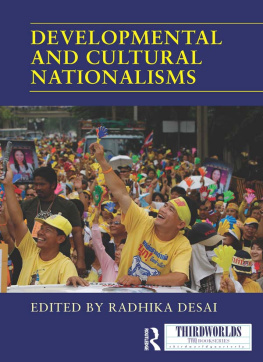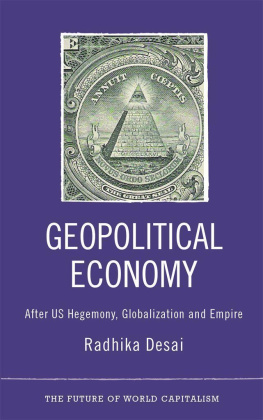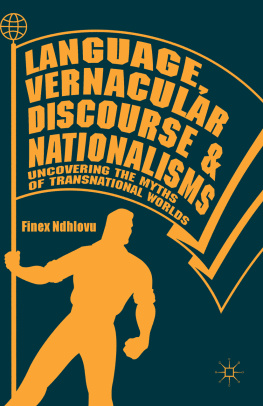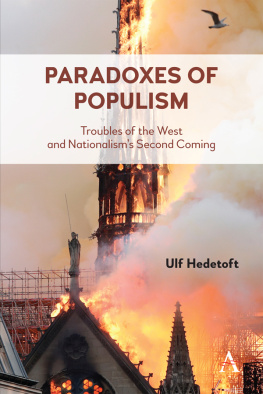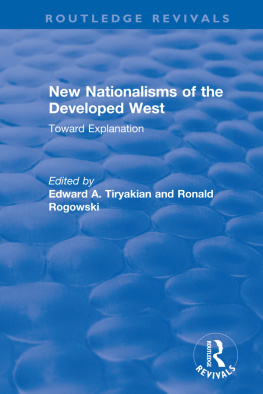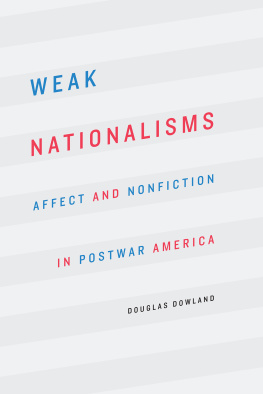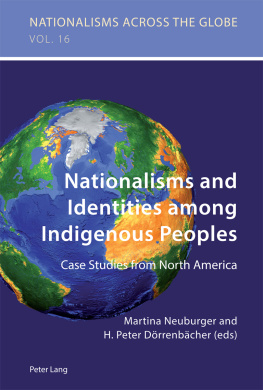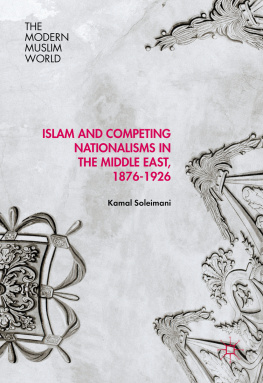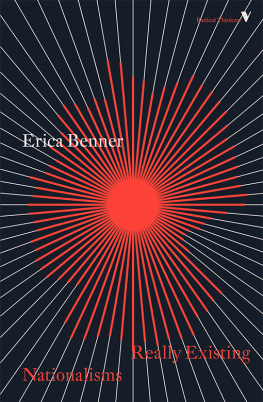Developmental and Cultural Nationalisms
The prematurity of announcements of the eclipse of nation states under globalization and empire stand revealed in the 21st century's first economic crisis, and the fundamental reorganization of political and economic power in the world capitalist order it appears to herald. Amid these developments, this book challenges the dominant cultural bias in the study of nationalism, placing nations and nationalisms centrally in understanding world and national capitalisms. Arguing that nationalisms have always contained political economies as well as cultural politics, it focuses on changes in the nature of nationalisms in selected cases of Asia under the impact of the inegalitarian political economy of neoliberalism since the 1970s.
Classical 20th century developmental nationalisms emphasised citizenship, economy and future orientations. The cultural nationalisms which followed stressed identity, culture and past orientations. With their flagrantly unequal neoliberal political economies, not primarily concerned with material production or productivity, their cultural politics operated on a static conception of an original culture and identity whether religious, ethnic or other. Their discourses of Asian values', Hindutva, Confucianism or Nihonjiron served to justify as cultural difference the inequality produced by neoliberal, market-driven policies. In contrast to the popular mobilizations on which developmental nationalisms rested, cultural nationalisms throve on relative the political disengagement and disenfranchisement which neoliberal inequalities produced, sometimes partially compensated by the political baptism of newly enriched groups. The extremist wings which they have in many countries are a function of this lack of popular support. Cultural nationalisms purport to replace projects of relatively equitable material provision with projects of national glory.
This book was published as a special issue of Third World Quarterly.
Radhika Desai is Professor at the Department of Political Studies, University of Manitoba, Canada.
Thirdworlds
Edited by Shahid Qadir, University of London
THIRDWORLDS will focus on the political economy, development and cultures of those parts of the world that have experienced the most political, social, and economic upheaval, and which have faced the greatest challenges of the postcolonial world under globalisation: poverty, displacement and diaspora, environmental degradation, human and civil rights abuses, war, hunger, and disease.
THIRDWORLDS serves as a signifier of oppositional emerging economies and cultures ranging from Africa, Asia, Latin America, Middle East, and even those Souths within a larger perceived North, such as the U.S. South and Mediterranean Europe. The study of these otherwise disparate and discontinuous areas, known collectively as the Global South, demonstrates that as globalisation pervades the planet, the south, as a synonym for subalterity, also transcends geographical and ideological frontiers.
Terrorism and the Politics of Naming
Edited by Michael Bhatia
Reconstructing Post-Saddam Iraq
Edited by Sultan Barakat
From Nation-Building to State-Building
Edited by Mark T. Berger
Connecting Cultures
Edited by Emma Bainbridge
The Politics of Rights
Dilemmas for feminist praxis
Edited by Andrea Cornwall and Maxine Molyneux
The Long War Insurgency, Counterinsurgency and Collapsing States
Edited by Mark T. Berger and Douglas A. Borer
Market-led Agrarian Reform
Edited by Saturnino M. Borras, Jr.
After the Third World?
Edited by Mark T. Berger
Developmental and Cultural Nationalisms
Edited by Radhika Desai
First published 2009 by Routledge
2 Park Square, Milton Park, Abingdon, Oxon, OX14 4RN
Simultaneously published in the USA and Canada
by Routledge
270 Madison Avenue, New York, NY 10016
Routledge is an imprint of the Taylor & Francis Group, an informa business
2009 Edited by Radhika Desai
Typeset in Times by Value Chain, India.
Printed and bound in Great Britain by MPG Books Ltd, Bodmin, Cornwall.
All rights reserved. No part of this book may be reprinted or reproduced or utilised in any form or by any electronic, mechanical, or other means, now known or hereafter invented, including photocopying and recording, or in any information storage or retrieval system, without permission in writing from the publishers.
British Library Cataloguing in Publication Data
A catalogue record for this book is available from the British Library
ISBN10: 0-415-46928-7
ISBN13: 978-0-415-46928-9
An invitation to a workshop on Democracy and Civil Society in Asia at Queen's University in 1999 was the original impetus for this work and I would like to thank Jayant Lele and other workshop organisers for extending the invitation. A Fellowship at the Centre for Asia-Pacific Initiatives (CAPI) then led to a successful application for a major research grant and set off the complex process resulting in this volume. It covered two workshops with intensive discussions and an editorial process which lasted, with delays, about four years. During this time the project benefited from the support of many individuals and institutions. It was funded as a Research Development Initiative of the Social Sciences and Humanities Research Council (sshrc) of Canada. At the University of Victoria the Offices of the Vice President Academic and Vice President Research, the Office of International Affairs, the Centre for Asia-Pacific Initiatives and the Deans of Fine Arts, Humanities and Social Sciences also contributed to the organisation and success of the project's two workshops. Anthony Welch, Director of the Office of International Affairs at the University of Victoria, intervened at critical junctures of the project to ensure its progress to the next stage. Rosemary Ommer helped to craft the grant application, improving it immensely and forcing greater clarity on me. Canada's International Development Research Centre (idrc) made a substantial contribution to the second of the two workshops. The Centre for Asia-Pacific Initiatives at the University of Victoria helped run the project and, again, the able and enthusiastic support of Bill Nielson, its Director, Helen Lansdowne, its Associate Director and its energetic staff, Heidi Tyedmers and Stella Chan, made putting up two workshops, involving a couple of dozen contributors and many more participants each, seem less trouble than putting on a small dinner party. The University of Victoria, where I started my academic life, and a diversity of colleagues there across disciplines, nurtured this project for most of its life. In mid-2006 I moved to the University of Manitoba and, in the final stages of the completion of this volume, I have enjoyed institutional and collegial support there, the latter from some of the most engaging and critical intellectuals I have ever worked with.

